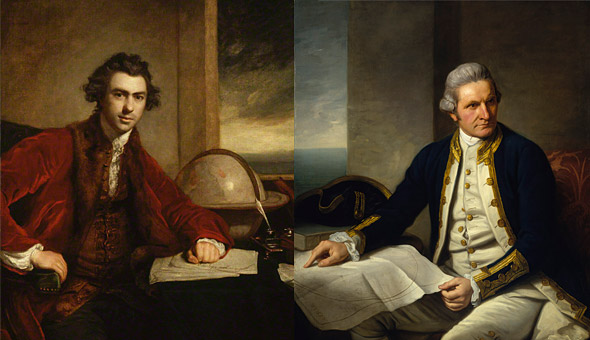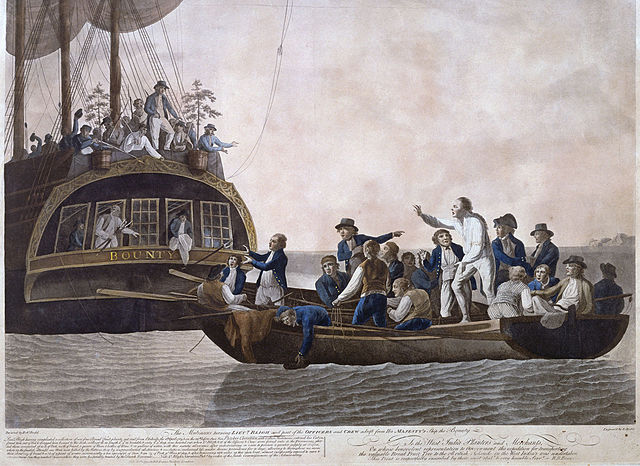Exciting news. Herewith a few days advanced notice of my latest book The Garden: Elements and Styles to be published on 1 October by Phaidon. However, pre-publication orders are available via the link.
Do take a look at the snippets I will be posting on Instagram: @toby_musgrave
The text for each entry explores and describes the subject and is accompanied by beautiful exemplar illustrations drawn from historic and contemporary gardens around the world.
Vista
From Windcliff, Indianola, overlooking Puget Sound to Mount Rainier.
Designed by Dan Hinkley.
Picture credit: © Claire Takacs









